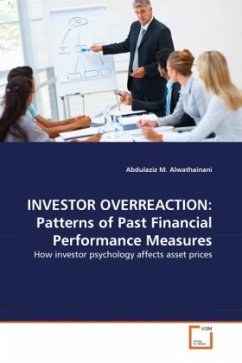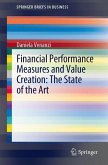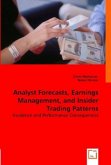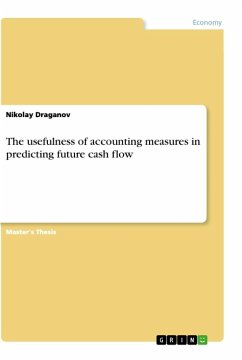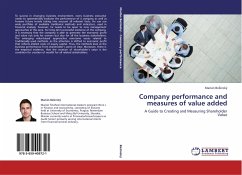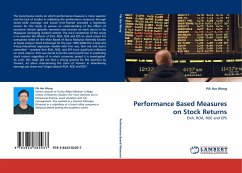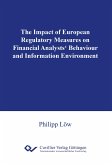The standard economic model is predicated on two broad assumptions: (1) market participants are rational and wealth-maximizing individuals and (2) asset prices reflect their underlying values and future return cannot be predicted from publicly available information. It follows that markets incorporate new information in asset prices in a timely fashion and without bias. However, a stream of empirical evidence over the last three decades finds that not only do firms' stock prices diverge significantly from their fundamental values, but it also shows that expected returns can be predicted from patterns of past performance measures. Despite several decades of research, the question of whether market prices reflect new information in a timely fashion and without bias remains controversial. This book, which is based on my Ph.D. dissertation at VCU, contributes to our understanding of how patterns of firms' past performance lead to investors' overreaction that is subsequently correctedover the long horizon and how investors' psychology influences the asset price formation process. This evidence is robust to known risk exposures.
Bitte wählen Sie Ihr Anliegen aus.
Rechnungen
Retourenschein anfordern
Bestellstatus
Storno

